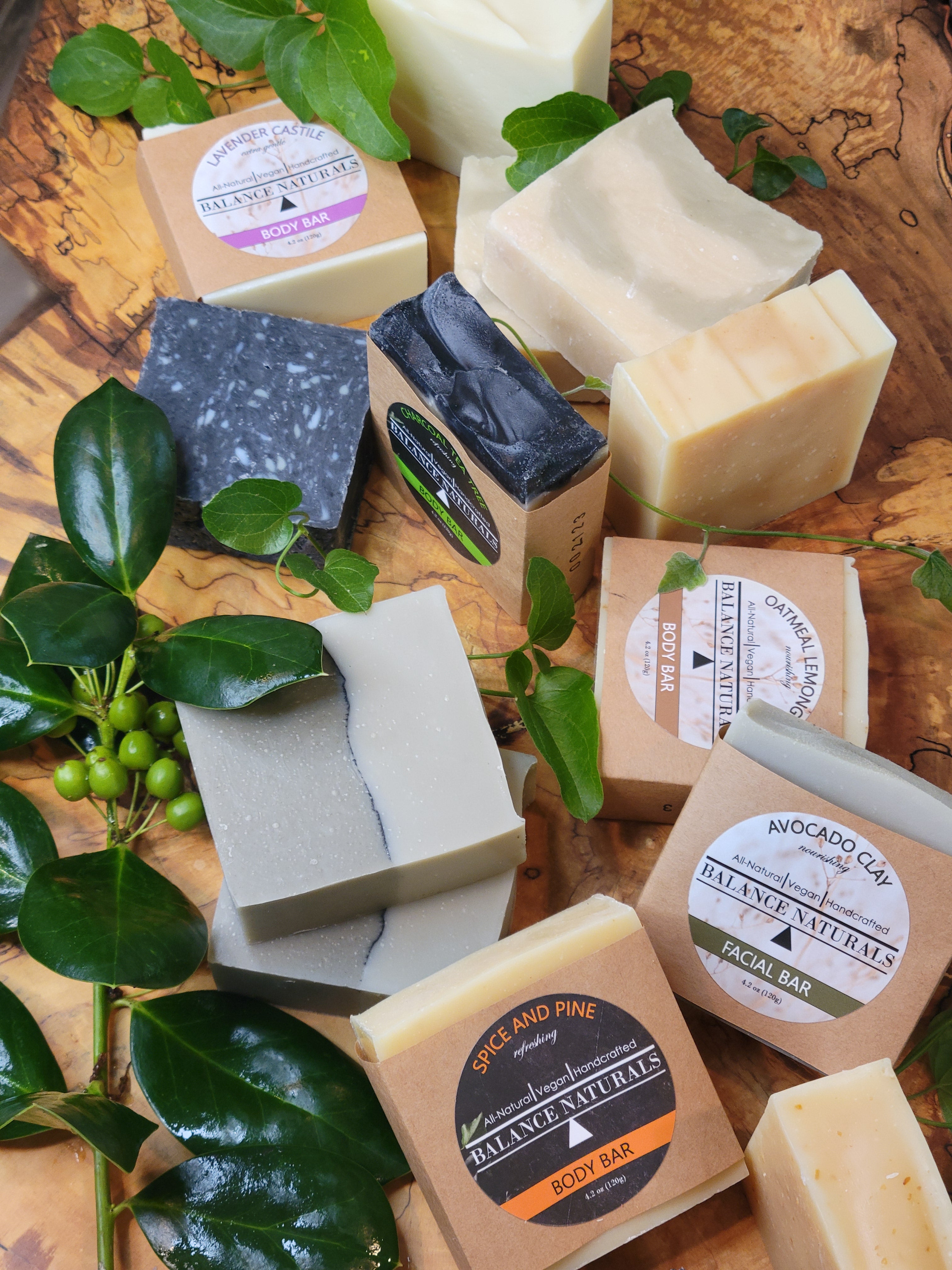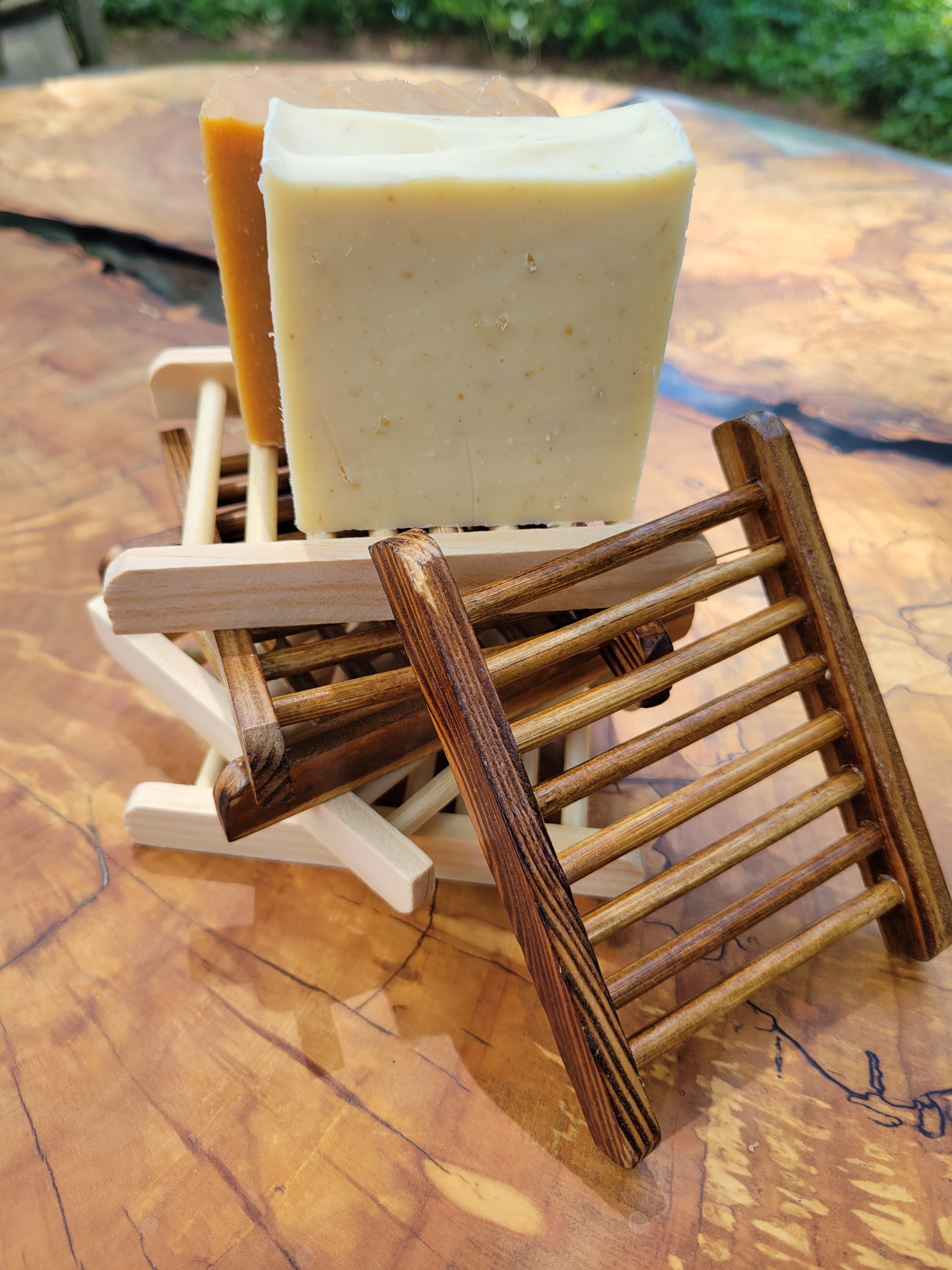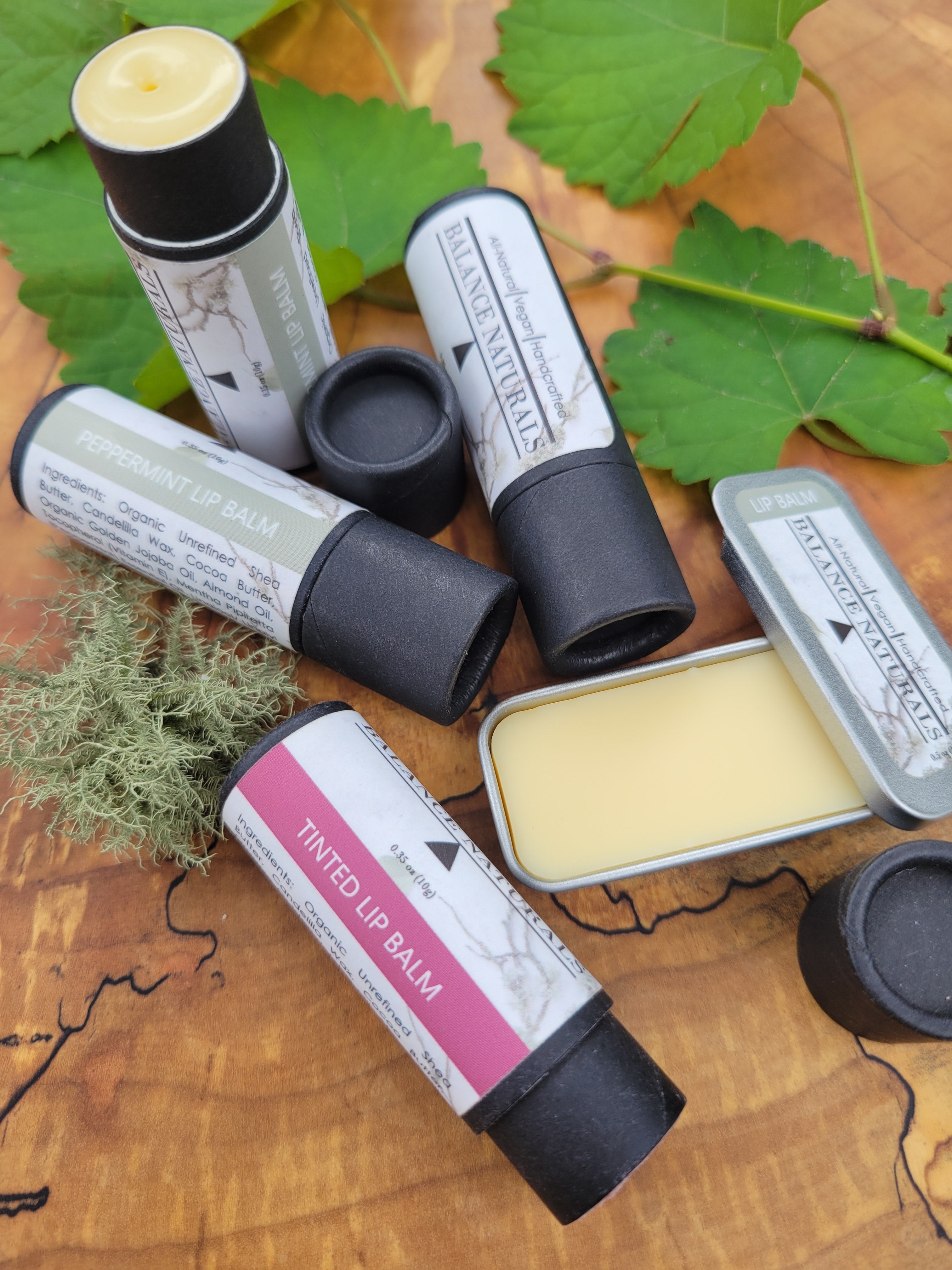Disadvantages of Using Soap on Hair:
You've probably heard it before. Soap is soap, right? Nope. There are many types of "cleansers" and they all serve a different purpose. For example, you wouldn't want to wash your hands with laundry detergent, would you? And ever wonder why dish soap dries your skin out so much? In this article we'll differentiate between two types of cleansers used for body care and how they effect the health of your hair.
Understanding "Saponification," Soap 101
The term "soap" usually refers to a product that has gone through the "saponification" process. Without getting too scientific, this is the combination of a fat (oil) and sodium hydroxide (lye) that creates a chemical change resulting in a permanent change to both ingredients and an effective cleansing agent. This is the way, and only way to create a "soap."
If you find a product that claims to be soap and also claims to be lye-free that is simply because the lye has been saponified (neutralized). Soap cannot be made without lye. Soap is perfectly safe, can be made naturally with few ingredients, and is often cheaper than other cleansers. (For more benefits of soap see 4 Advantages of Natural Soap vs. Body Washes)
Types of "cleansers"
There are plenty of other cleansers that are made without lye. These are "surfactant-based" products and they can be more gentle, often with an acidic pH which is closer to hair chemistry. The downfall of surfactants is they can contain harsh sulfates or be created synthetically from petroleum or petroleum by-products. These are unsafe for human consumption AND detrimental to the environment.
Sulfates
Surfactant-based cleansers usually contain sulfates which gives the product loads of lather and gives it it's cleaning ability. You may have heard you should look for a sulfate-free shampoo if you have colored hair. That's because some sulfates can be very irritating and strip you hair and scalp, dry your hair out, or even contribute to hair loss.
The two most irritating sulfates commonly used are Sodium Lauryl Sulfate (SLS) and Sodium Laureth Sulfate (SLES). They are both derived from petroleum and are very harsh on skin and hair. Avoiding them can be confusing for consumers as the scientific name can be similar to other mild and useful ingredients. For example, Sodium Lauryl Sulfoacetate (SLSa) is a very mild plant-derived surfactant, safe for use. Or Sodium Coco Sulfate (SCS), a non-irritating, gentle cleanser made from coconut oil. Balance Naturals uses only plant-derived and sustainably-sourced surfactants.
Hair Chemistry
One more thing to understand is hair chemistry: First, hair is dead. That means the cells that make up your hair cannot regenerate. Once they are damaged to a certain extent there is nothing you can do to fix it. The longer your hair is the older it is and therefore, more potential for damage. Just like your skin, your hair has an acidic pH, but unlike your skin it cannot fix a pH imbalance and over time it will deteriorate. That said, you will see why we've listed pH Imbalance as the number 1 reason NOT to use soap on hair.
4 Reasons Soap is Bad For Hair
1. pH Imbalance:
2. Residue Build-Up:
3. Lack of Conditioning:
4. Potential for Dryness:
Making the Change
1. What is the pH of the product?
Most hair products won't list what the product's pH level is, but you can look for things like citric or ascorbic acid in the ingredients which will make it closer to hair pH. Or look for an ingredient that says "pH-balancer" or the term "pH-balanced."




